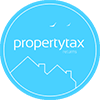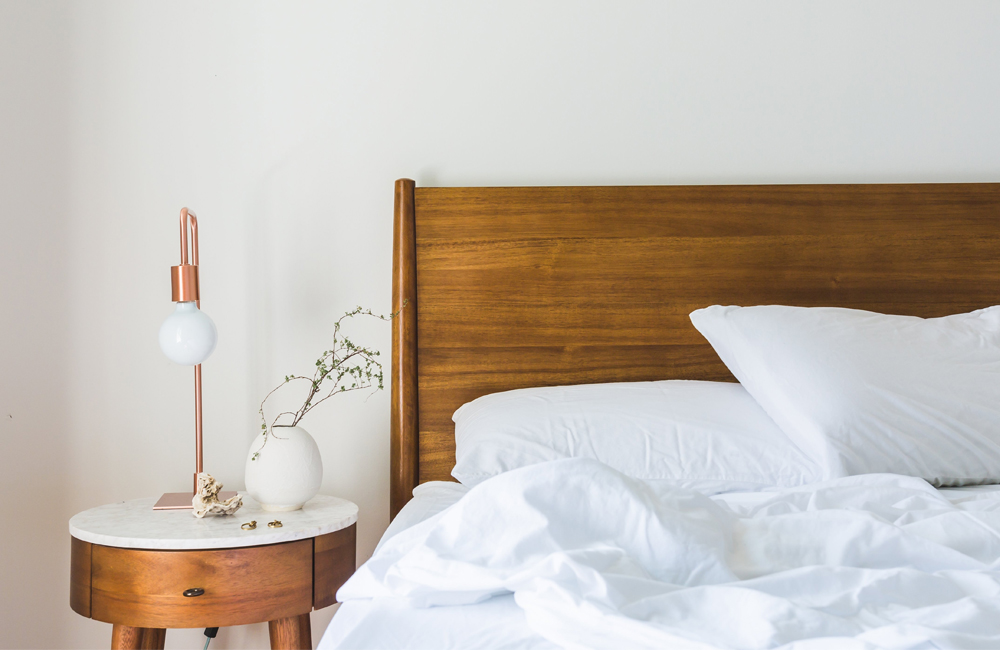What tax obligations do Airbnb owners have?
Around 1.4 million people stay in Airbnbs in New Zealand every year, pumping $660 million into our economy, according to a 2018 Deloitte report. The platform provides a great way for everyday people to run their own small hospitality businesses and earn extra cash.
However, many Airbnb hosts aren’t clear on what tax they need to pay, as the rules can be a little confusing. To make life easier we’ve simplified and explained the Airbnb host tax obligations.
Generally speaking, Airbnb hosts are taxed in three ways:
1. Income taxed as a business
If a property is used solely as an Airbnb then it’s taxed as a business or commercial dwelling. It’s treated the same as a hotel, backpackers or B&B.
This means at the end of the financial year, you must file an income tax return. You’re permitted to also claim a deduction for the costs of providing accommodation, which may include mortgage interest, Airbnb service fees, cleaning costs and insurance. These expenses reduce your taxable income.
It’s important to note that if your Airbnb earns over $60,000 before expenses and service fees are deducted you must register for and pay GST.
2. Apportionment
If you’re only renting out a room or a portion of the property you live in on Airbnb then you still need to pay tax on the income.
The onus is on the taxpayer to work out the portion of expenses that are incurred in gaining income or paying expenses and, while there is no one approved method of working this out, it must be based on fact not speculation.
A common and relatively simple approach is to calculate the floor area used for Airbnb as a percentage of the property then use that figure to work out your expenses. Using this method, if 40% of your property is used for Airbnb (including a portion of any space you share with guests) then 40% of your property’s expenses will be tax deductible.
Airbnb taxation can be a little confusing. Make sure you know where you stand.
3. Mixed use asset rules
Those who use a property for business purposes (e.g. rented on Airbnb) as well as private purposes (e.g. as a bach) are subject to Mixed Use Asset Rules, provided the property is also unused for at least 62 days in an income year as well.
To work out the proportion of mixed expenses that are deductible, you must calculate the amount of days that the property was:
- Unused,
- bUsed forUsed for business purposes for private purposes.
In this case expenses are either fully deductible, aportioned and non-deductible based on the days that the property was used for business purposes or unused.
If you’d like a hand getting your head around the complexities of these tax rules, don’t go it alone. Get in touch with the team at Property Tax Returns to make sure you get it right.


Comments